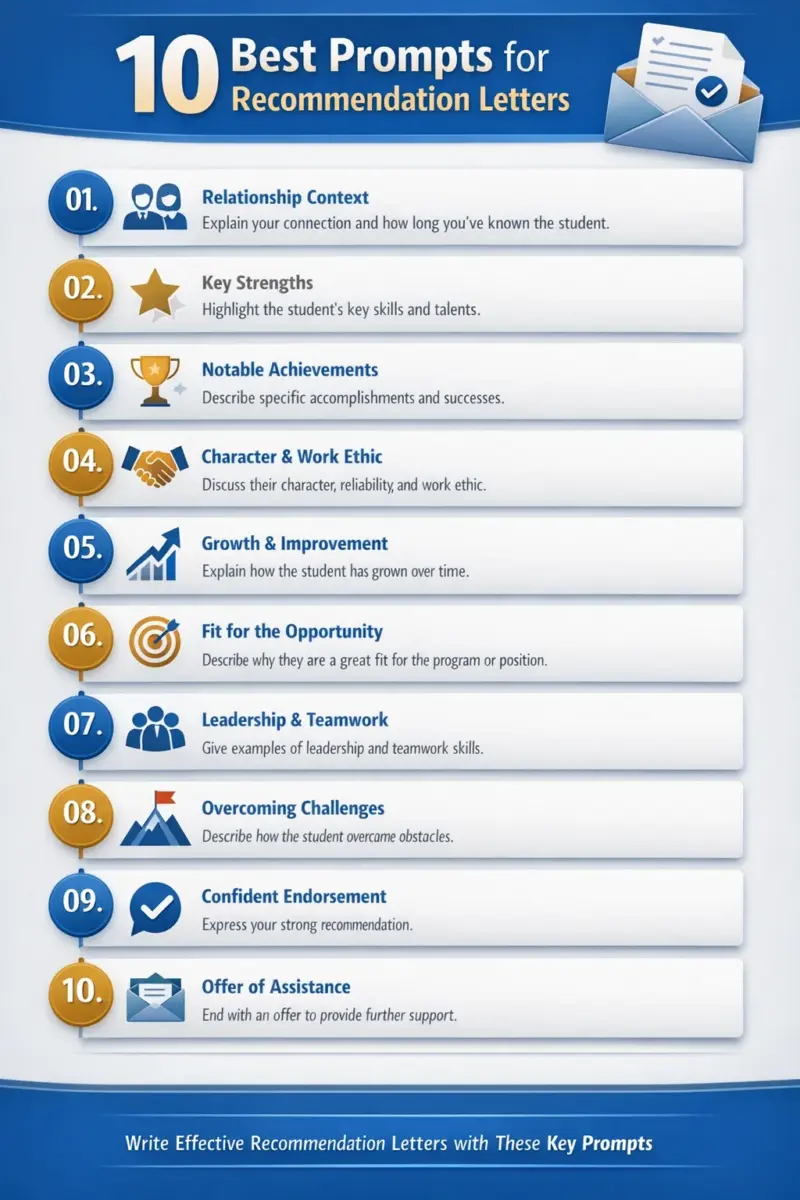International English Language Test System (IELTS) is an examination that proves proficiency in the English language among professionals.
It is a crucial test, especially if you plan to migrate to countries that use English as their native language, such as Australia, New Zealand, the UK, and other countries in Europe and the US.
If you are planning to migrate to a foreign country with English as its native language, it’s essential to know how to prepare for IELTS to get through with a good score quickly. Enhancing your vocabulary IELTS is a key step in this preparation.
About IELTS
IELTS is the International English Language Testing System launched in 1980 to help individuals achieve their personal, professional, and academic goals.
It is jointly owned by IDP IELTS, The British Council, and Cambridge University Press & Assessment.
Worldwide experts in the English language designed IELTS and provides a benchmark for assessing the skills required to study or work successfully in a country where the native language is English.
The test consists of four modules on which candidates are assessed. These modules are writing, reading, listening, and speaking.
How To Prepare For IELTS
Preparing for IELTS could be a daunting task, especially if you need to be more fluent in the English language. Therefore, it’s essential to know how to prepare best to ensure that you successfully pass the exam.
Follow these tips, and you will find that passing the IELTS exam is a breeze.
Understand The Format Of The Test
The first and foremost thing to know when preparing for IELTS is the test format. Understanding the structure of the test helps you realize what to expect on the day of the test.
It’s best to make yourself familiar with the type of questions that they ask at the exam for each module. You can do this by reviewing the test content along with the questions and task types for each part of the test.
The primary point to note in an exam is to get a sound familiarity with the patterns of questions and test format.
Take A Practice Test
Once you understand the test format, it’s time to get hands-on experience by doing a practice test.
A practice test helps you identify your weak areas in certain parts of the IELTS structure. It’s critical to identify your strengths and weaknesses in the different modules and sections of IELTS before you sit for the actual test.
Working on your weaknesses and identifying and building on your strengths help establish a solid base for the exam.
If you find it hard to prepare for the exam, it’s best to take an IELTS preparation course, which is the simplest way to approach the test, as it concentrates on getting you ready to face the challenges of IELTS. Enrolling in English Speaking Courses can also provide a structured learning environment to improve your proficiency.
Understand The Exam Time Constraints
Simply getting to know the structure of the exam will not be enough to attain the desired score. You must know the time constraints to finish the text within the allocated time frame.
Do practice tests and related preparations to see if you can finish answering the questions within the designated time frame.
Each module is given a time frame, and failure to complete one module within the given time will cause you to be behind and feel the pressure in all other preceding modules.
Preparation courses and practice tests focus on answering the questions within a given time, similar to exam conditions.
Develop Your English Capabilities And IELTS Strategies
Once focused on IELTS, you only consider the exam and its structure. In the meantime, many forget about improving their English knowledge and skills along the way.
Most people from countries that have any other language than English as their mother tongue tend to be weak in using their English knowledge practically.
IELTS is an English proficiency test, meaning your English is expected to be top-notch. IELTS is a continuous learning process, and increasing your skills and knowledge by one band takes up to twelve weeks.
Therefore, if your English is below average, it’s best to start preparing for it at least three to six months before the exam.
Develop A Range Of Reading Skills
The primary objective of the IELTS reading module is to test a wide variety of reading skills of the candidate. It includes reading for the main ideas, understanding logical arguments, and skimming the content.
As a candidate, you should be able to provide answers to questions in short form, match headings with content ideas, and complete sentences.
The best way to ensure that you do well in the reading module is to practice with a wide range of IELTS reading module questions.
Use Appropriate And Assertive English Terms When Writing
Writing is among the most challenging mobile in IELTS, and many candidates struggle with it. It requires you to provide written content in a formal writing style.
The use of appropriate and assertive English terms helps you to get a good score in the IELTS writing module.
It’s best to practice with sample essay-type questions like writing about the advantages and disadvantages of a topic or providing logical analysis and coming to conclusions regarding global issues.
Immerse yourself in the English language
The more you expose yourself to the English language, the more familiar you get with it. It helps you understand content in-depth and provide your thoughts in clear writing with correct grammar and syntax.
Listen to native speakers speak in English. If possible, join clubs where you get more exposed to these native speakers. It will help you understand the meaning of complex words and learn how to pronounce them.
It also helps to enroll in preparation courses that can assist you in getting through the test. MasterClass courses are ideal to prepare for IELTS as they are accessible anywhere and at any time.
MasterClass was started in 2015 by its founders, David Rogier and Aron Rasmussen. It offers interactive assignments and access to groups of learners.
These classes provide interactive elements for communication and engagement. They also offer extra learning materials such as assignments and workbooks. An annual subscription gives you access to all these resource materials for a year.
Click here to read reviews and learn more about MasterClass for IELTS preparation.
Final Thoughts
IELTS is a challenging test that is best done well if you prepare for it. The test consists of four modules for which you should practice questions to ensure you do your best on the actual test.
The best way to prepare for IELTS is to do practice questions, develop your English capabilities and IELTS strategies, Immerse yourself in the language, and develop a wide range of reading skills.
IELTS preparation courses and master classes help you prepare for this challenging exam in the best possible way.
FAQs Frequently Asked Questions
Which Is The Best Way To Prepare For IELTS?
The best way to prepare for IELTS is to take practice tests, understand the test format, and develop your English capabilities and test strategies.
Can You Prepare For IELTS in a Month?
A month is enough to prepare for IELTS if you plan strategically. Hard work and commitment also play a vital role in preparing for the exam and getting through it successfully.
Which Part Of IELTS Is Most Difficult?
Writing is the most difficult IELTS module. It tests your ability to understand the language and answer questions logically and appropriately.


